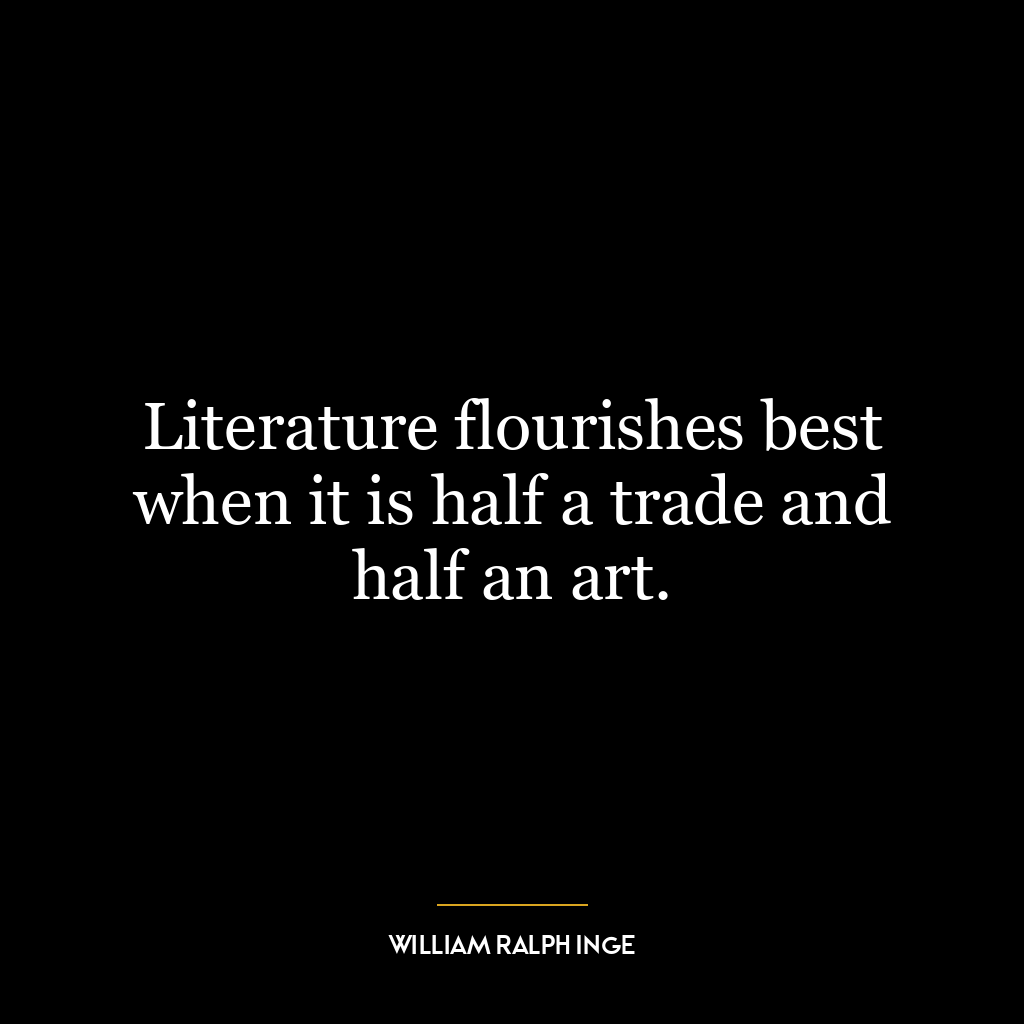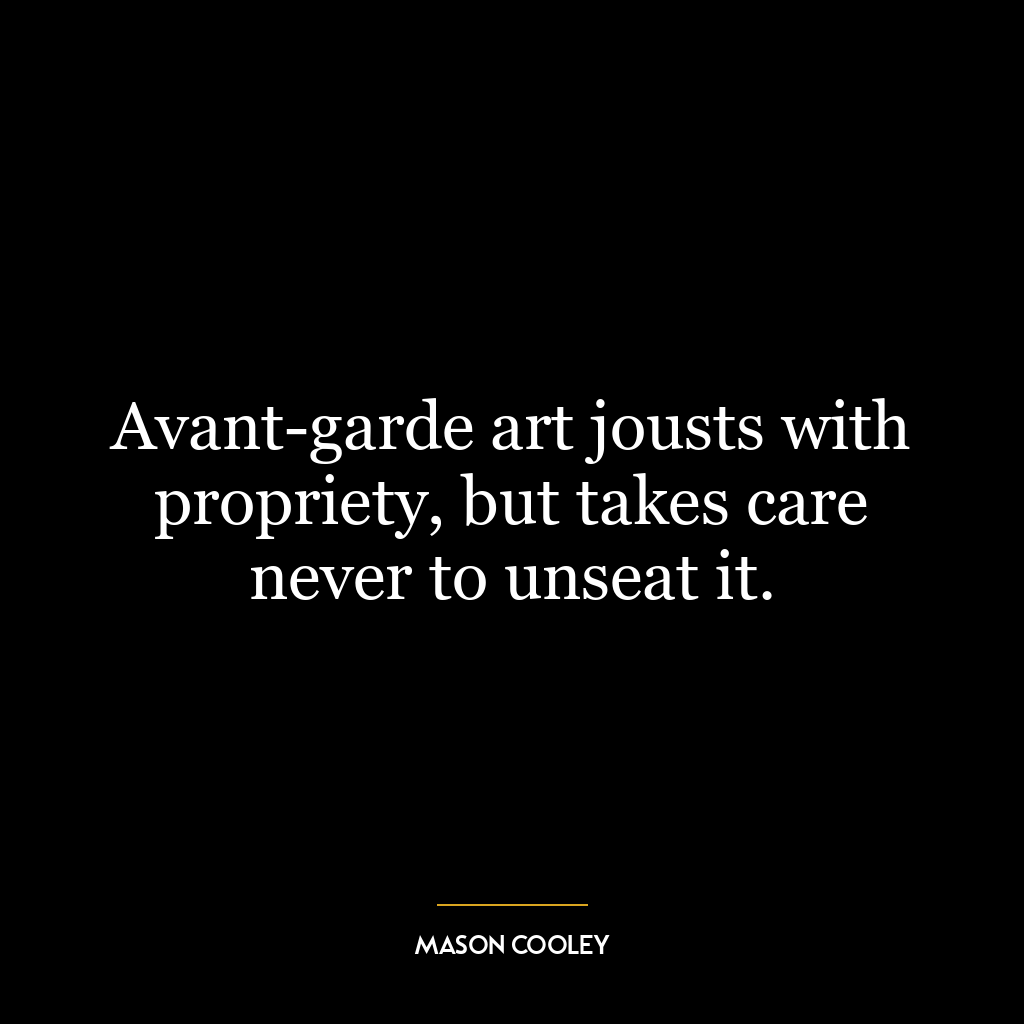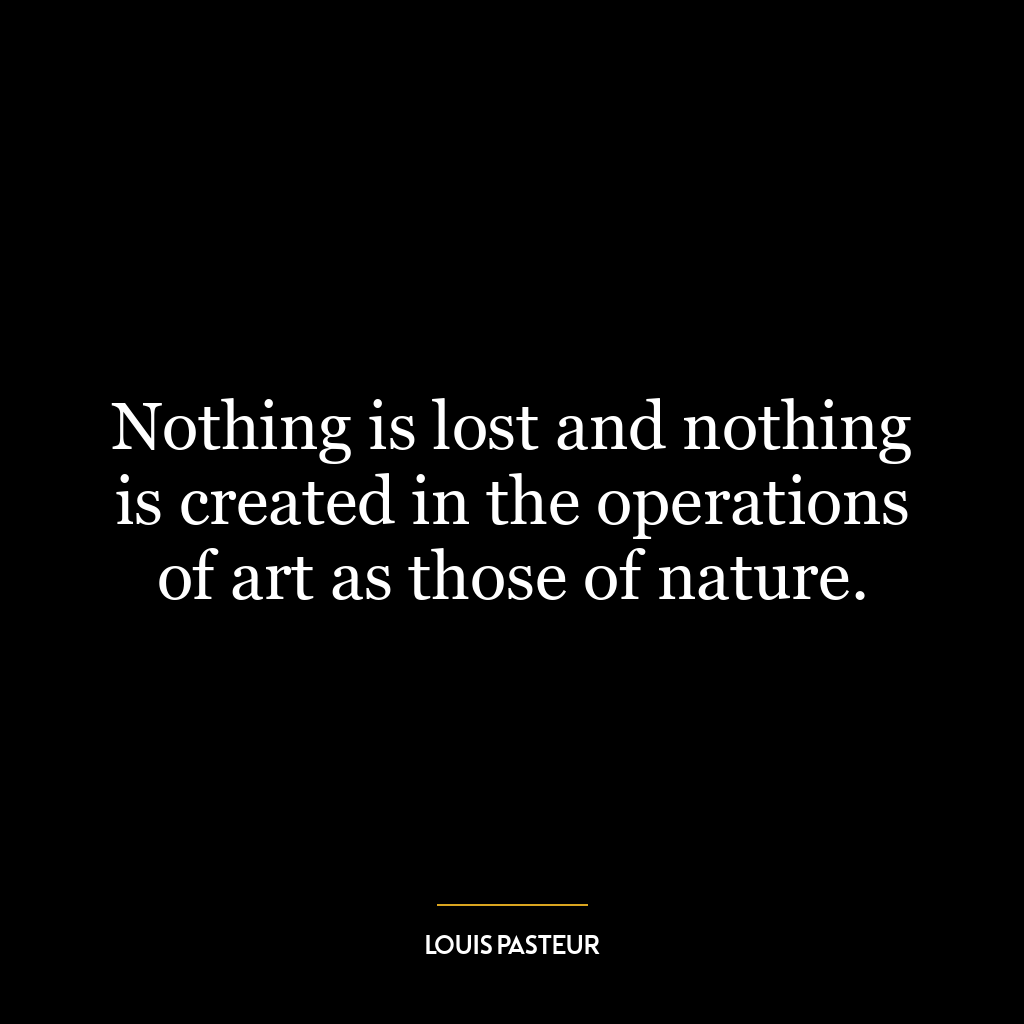The earth has enough resources for our need, but not for our greed.
This quote is a profound commentary on the human relationship with natural resources. It suggests that Earth, in its natural abundance, provides sufficiently for every individual’s necessities – be it food, water or shelter. However, when our desires transcend the boundaries of need and venture into the realm of greed – an excessive or insatiable desire for more than what one requires or deserves – this balance is disrupted. In essence, the quote emphasizes that nature can satiate everyone’s needs but not their greed.
The depth of this statement lies in its timeless relevance and universal applicability. It reminds us that sustainability should be at the heart of our interaction with nature. While progress and development are essential aspects of human civilization, they should not come at the cost of exhausting or damaging our natural resources.
In today’s world context, this quote has even greater significance given escalating environmental concerns such as climate change and deforestation due to overconsumption and reckless exploitation of resources. The recent pandemic has also shown how unsustainable practices can disrupt ecosystems and lead to global health crises.
On an individual level too, this idea holds value as it encourages mindful consumption – understanding what we truly need versus what we want out of habit or societal pressure. This could pertain not just to material goods but also intangible aspects like time management or personal relationships.
For instance, in personal development terms: constantly craving more success might lead to burnout while ignoring other important aspects such as physical health or relationships; whereas focusing on fulfilling one’s needs could lead to a balanced life where all areas get adequate attention leading to overall well-being.
In conclusion: Understanding need versus greed helps maintain environmental balance on a macro level while promoting personal growth & well-being on a micro level; making it an essential principle for sustainable living both globally & personally.








